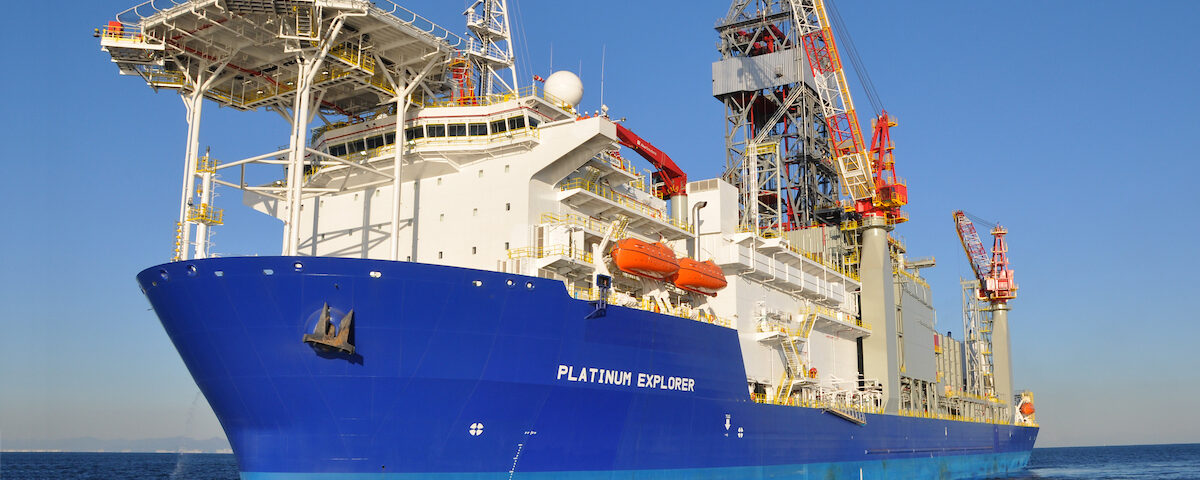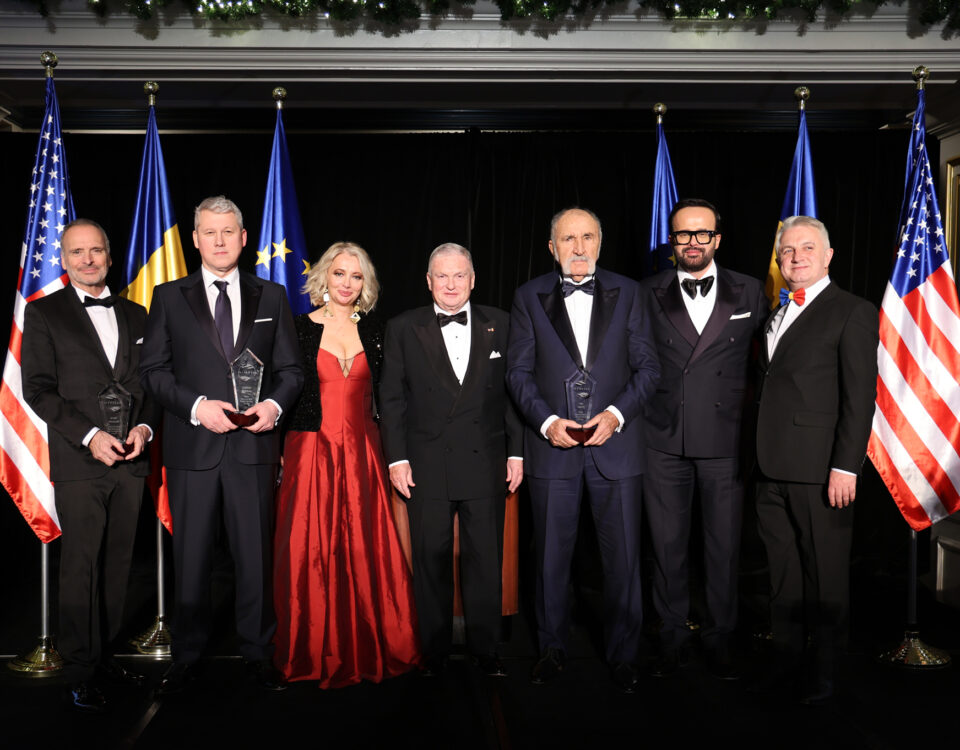Originally published on Defense Romania
Translation of original article below:
U.S. sanctions shine a spotlight on Romanian authorities: “We don’t sell our country” to the Americans from Exxon vs. the gentleness toward Lukoil
It is legitimate, from the perspective of national security, for a strategic gas‑contract in the Black Sea signed with a Russian company such as Lukoil to remain unchallenged?
Meanwhile, the Americans at Exxon Mobil decided to leave Romania and sell their stake in Neptune Deep, after the authorities in Bucharest sought higher royalties, on the principle “we don’t sell our country”.
A few days ago, Reuters reported that Vantage Drilling International, a major marine‑drilling company, cancelled a drilling contract for Lukoil as a result of U.S. and British sanctions. But the most interesting part is yet to come.
Industry sources told Reuters that the agreement with the Russian oil‑giant Lukoil was aimed at the exploration of gas in the Black Sea. The rig Platinum Explore of Vantage Drilling was to drill in Romania’s exclusive economic zone; the Trident perimeter is held by Lukoil to the extent of 85%.
The contract was cancelled on 19 October: “Vantage terminated the contract because applicable sanctions made its execution illegal”, the company told Reuters. Alongside Trident, Lukoil also holds the Est Rapsodia perimeter; at both, the Romanian state via Romgaz holds a 15% stake.
According to Romgaz, the Trident perimeter has estimated reserves of 30 billion m³ of natural gas. Practically, this could constitute about one‑third of the estimated resources in the much more well‑known Neptune Deep perimeter.
U.S. sanctions on Lukoil highlight the mess swept under Romania’s rug
Here we reach one of Romania’s major problems: how the country’s strategic energy resources have been managed.
Beyond technical details, what matters in the long term is strategic independence — the ability to secure energy needs at reasonable cost and from safe sources. Neither of those two has been achieved so far by the Bucharest authorities.
If we bring into discussion the argument that Romania could have been a European gas‑player, then we can only conclude that Romania’s national security interests have been systematically sabotaged from within.
We cannot help but remember the failure of the agreement with Exxon for the Neptune Deep perimeter. In contrast, the Romanian government at the time argued that the royalty level was unfair; the Romanian people deserved more from the exploitation of the country’s resources.
However, a strategic contract for Black Sea gas is not just a commercial deal, but has geopolitical and security implications. Exxon left after Romgaz acquired 50% of Exxon’s stake in Neptune Deep — and the Romanian people got more … on the bill, because gas prices exploded, and Romania is obliged to buy from external sources. And that’s not all.
We note that the Black Sea appears to be a preferential terrain for such sabotage (see also the Corvette Programme, which dragged for almost a decade, eventually ending in the trash).
“We don’t sell our country” with Exxon, but Lukoil is fine in the Black Sea
With an American company such as Exxon in the Black Sea, Romania would almost certainly have a different weight in Washington. That is not a speculation, but a reality proven by Poland, which massively incorporates American companies into the local economy.
While the contract with Exxon for the approximately 100 billion m³ of gas in Neptune Deep was terminated, Romanian state officials left in the hands of the Russians at Lukoil the “small” and insignificant (sic) contract of 30 billion m³ of gas in the Trident perimeter.
It took U.S. sanctions for Lukoil’s operations to be suspended from further feeding Moscow’s war machine. The moment shows that Romania often confines itself to pompous declarations condemning Russian aggression, but without undertaking concrete, important actions that affect Moscow’s financial resources.




